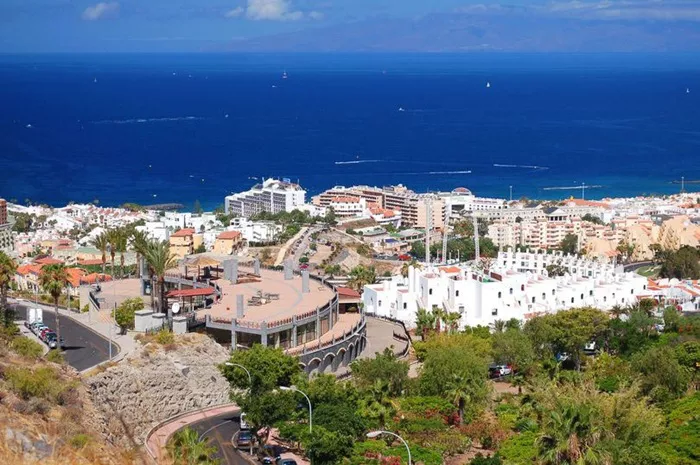Hospitality workers across the Canary Islands are threatening to strike during the busy Easter holiday period, intensifying an ongoing dispute over wages and working conditions. Spain’s two major trade unions, CCOO (Comisiones Obreras) and UGT (Unión General de Trabajadores), have proposed a one-time payment or a 7.75% wage increase for hotel, restaurant, and bar staff to address the rising cost of living.
Reports suggest that employers in the region are considering the one-off payment option as a potential solution to avert industrial action. In addition to wage increases, CCOO is pushing for improved working schedules and better conditions for housekeeping staff as part of the negotiations.
Local authorities are determined to prevent a repeat of the widespread protests that shook the islands in 2024. During those protests, tens of thousands of people took to the streets, calling for a drastic overhaul of the Canary Islands’ tourism strategy. While activists emphasized that the protests were not aimed at tourists, they criticized a government that they believe prioritizes investors over local communities.
Tourism is a significant driver of the Canary Islands’ economy, accounting for approximately 35% of the region’s GDP. However, many locals argue that unchecked development is straining natural resources and driving up housing costs, making it difficult for residents to secure affordable rental properties. According to data from Spain’s National Statistics Institute, nearly 34% of people in the Canary Islands are at risk of poverty or social exclusion—the highest rate of any region in Spain, aside from Andalucía.
Many hospitality workers in the region are struggling to find affordable housing and have resorted to living in motorhome sites across southern Tenerife due to skyrocketing rents.
Activists contend that hospitality wages in the Canary Islands are insufficient to cover the cost of living, a challenge felt globally but particularly acute in the archipelago, where nearly all goods are imported.
Víctor Martín, spokesperson for the collective Canarias se Agota (“The Canaries Have Had Enough”), which helped organize the 2024 protests, explained, “The problem isn’t the tourists. It’s a system built by and for a business class that refuses to listen, supported by a political class that prioritizes business interests over the well-being of local citizens.”
The proposal for a pay increase is currently under review by the employers’ association in Las Palmas, with a final decision expected by April 1.
This development comes just weeks after a court in the Canary Islands blocked the region’s first tourist tax in Mogán—one of the archipelago’s most popular tourist destinations. The tax was overturned the day after its introduction, with the judge ruling that it was poorly drafted and unclear in its implementation.
The Independent has reached out to both CCOO and UGT for comment.

